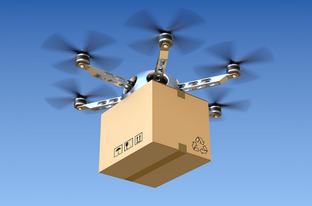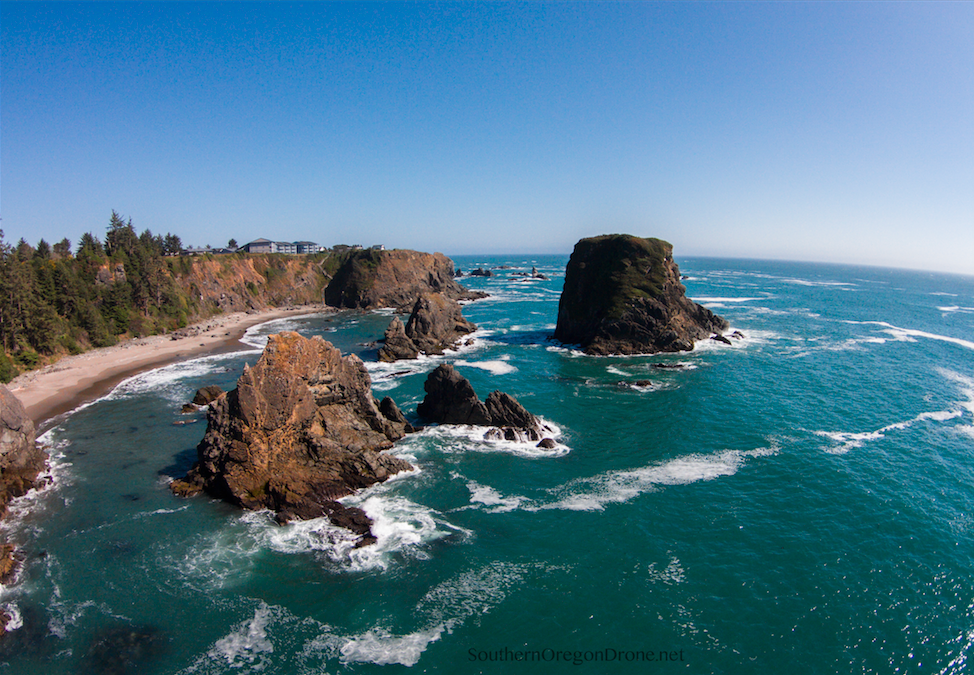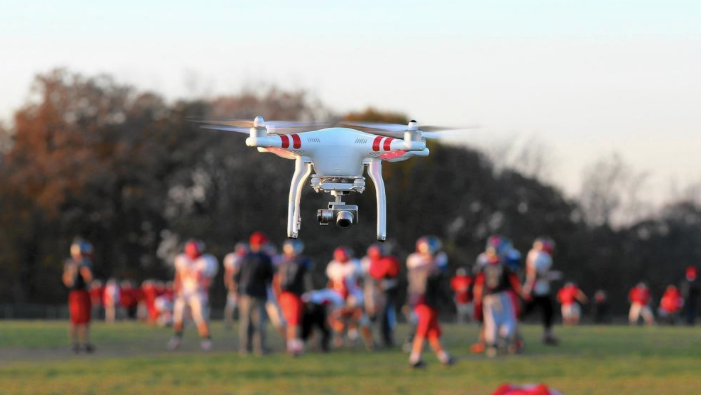 Oregon Drone Delivery Service: Coming Soon?
Oregon Drone Delivery Service: Coming Soon? The event organizers hope to prove that drone usage need not be nefarious or purely for enthusiasts. In fact, the goal of these drones is to bring life-saving meds to an under-served community.
“This is a Kitty Hawk moment not just for Flirtey, but for the entire industry,” said Flirtey CEO Matt Sweeny in a statement. “Proving that unmanned aircraft can deliver life-saving medicines is an important step toward a future where unmanned aircraft make routine autonomous deliveries of your every day purchases.”
The hexacopter that Flirtey uses, which is made by the University of Nevada, Reno, is made of carbon fiber and aluminum. It also sports some 3D printed components. It can range more than 10 miles from home base, and can lower cargo via tethered line. Built-in safety features, such as a low battery alert, will automatically return the craft to a safe location. In case of a low GPS signal or full communication loss, there's also an auto-return home feature.
The drones will deliver up to 24 packages of prescription medication, weighing 10 pounds. The event is part of the Wise County Fairgrounds' Remote Area Medical USA and Health Wagon clinic. Other than free medications, which will be flown to the Lonesome Pine Airport before being drone lifted to the fairgrounds, attendants will receive free eye, dental and other healthcare services.
Flirtey, which bills itself as the world's first commercial drone delivery service, conducted its first tests in Sydney, Australia in 2013. It started by delivering more than 100 textbooks. It went on to offered humanitarian relief in New Zealand, during a search and rescue mission. In May, 2015, the company conducted what it calls the first drone delivery over a populated area, sending auto parts via hexacopter.
The event blurs the lines between commercial and public use of drones. For drones to be used for commercial use, a company must apply for an FAA exemption and the drone must be operated by a licensed airplane pilot. The usage must be deemed as low risk and being performed in controlled environments. Drones can only be used without an exemption for set periods of time in set locations by public entities (government, law enforcement, universities).
SOURCE: By Anna Attkisson June 22, 2015


 RSS Feed
RSS Feed